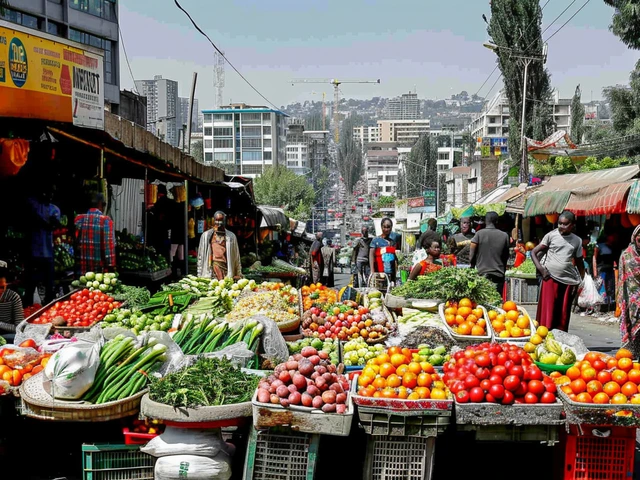Culture in Ethiopia: Work, Wealth, and Everyday Life
What’s it really like to live and work in Ethiopia? Culture isn’t just about traditional dances or tasty food; it shapes everything — from how people find jobs, to what careers are trending, to daily routines in Addis Ababa or rural towns.
Ethiopia’s culture is all about community and connection. Workplaces can feel like extended families, and networking often means having a chat over coffee rather than exchanging business cards. Amharic is the official language, but you’ll hear Oromo, Tigrinya, and others, especially when searching for work outside the capital. Understanding which language is spoken where instantly gives you an edge — jobs often favor those who can mesh with local ways.
When hunting for a job, expect things to move at a different pace than in the US or Europe. Word-of-mouth is king, so knowing the culture means knowing who to talk to. Ethiopians value respect, but also openness; bold self-promotion is less common, but initiative is respected. Sectors like agriculture, construction, tech, and teaching keep the economy ticking, but landing a spot means showing you get how things work — both technically and culturally.
Thinking of moving to Addis Ababa? You’ll want the inside scoop on affordability. Most folks worry about house rent and salaries, and for good reason. Housing types are all over the map — from classic tukuls in rural areas to sleek condos in the city. Average rent prices depend on location, with the capital pricier than secondary cities. Salaries also vary by sector and experience; a pharmacist or tech worker might pull in more than a teacher or someone in agriculture. But compared to many neighboring countries, Ethiopia’s cost of living is still friendly if you know where to look.
Wealth in Ethiopia doesn’t just sit in bank accounts. It pops up in business ventures, entrepreneurship, and even remittances from abroad. While income gaps exist, success stories of local millionaires show that opportunity is still alive and well — especially for those willing to hustle and adapt. Foreign investment plays a role too, pumping money into sectors like manufacturing and tech, which sparks new job opportunities for locals and expats alike.
Worried about safety or payment options? Addis Ababa is evolving, but street smarts go a long way. Cash is still king — PayPal and similar services aren’t mainstream. Navigating these challenges is part of daily Ethiopian culture, so being prepared saves headaches.
Ethiopian culture isn’t frozen in time. Dating apps, online jobs, and modern workplaces sit right alongside traditional coffee ceremonies, colorful festivals, and community events. The blend creates a job market and lifestyle that’s unique, sometimes unpredictable, but always interesting. Whether you’re seeking a teaching job, curious about the richest people in the country, or just want to navigate daily life, understanding Ethiopia’s cultural vibe is your best starting point.






